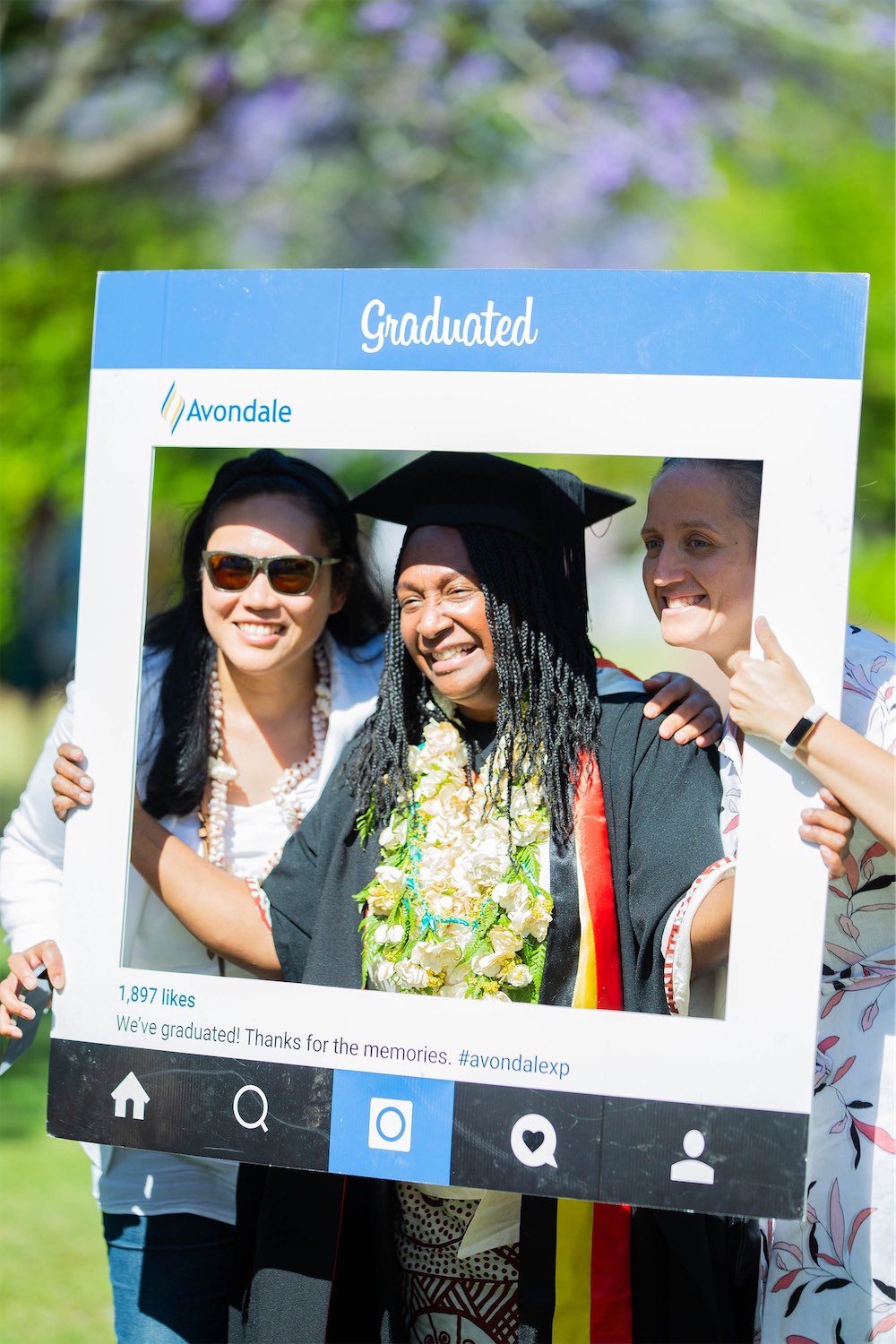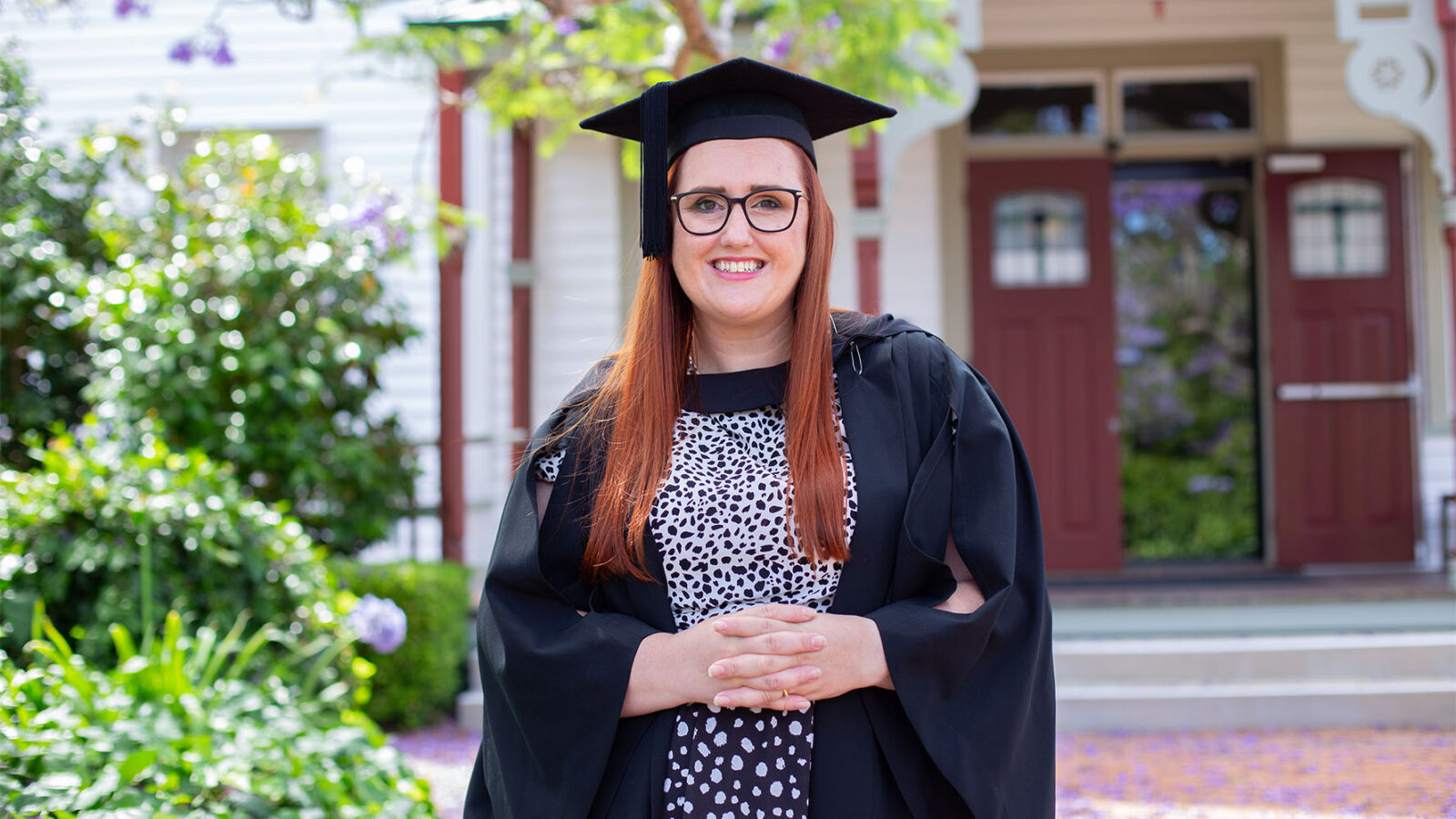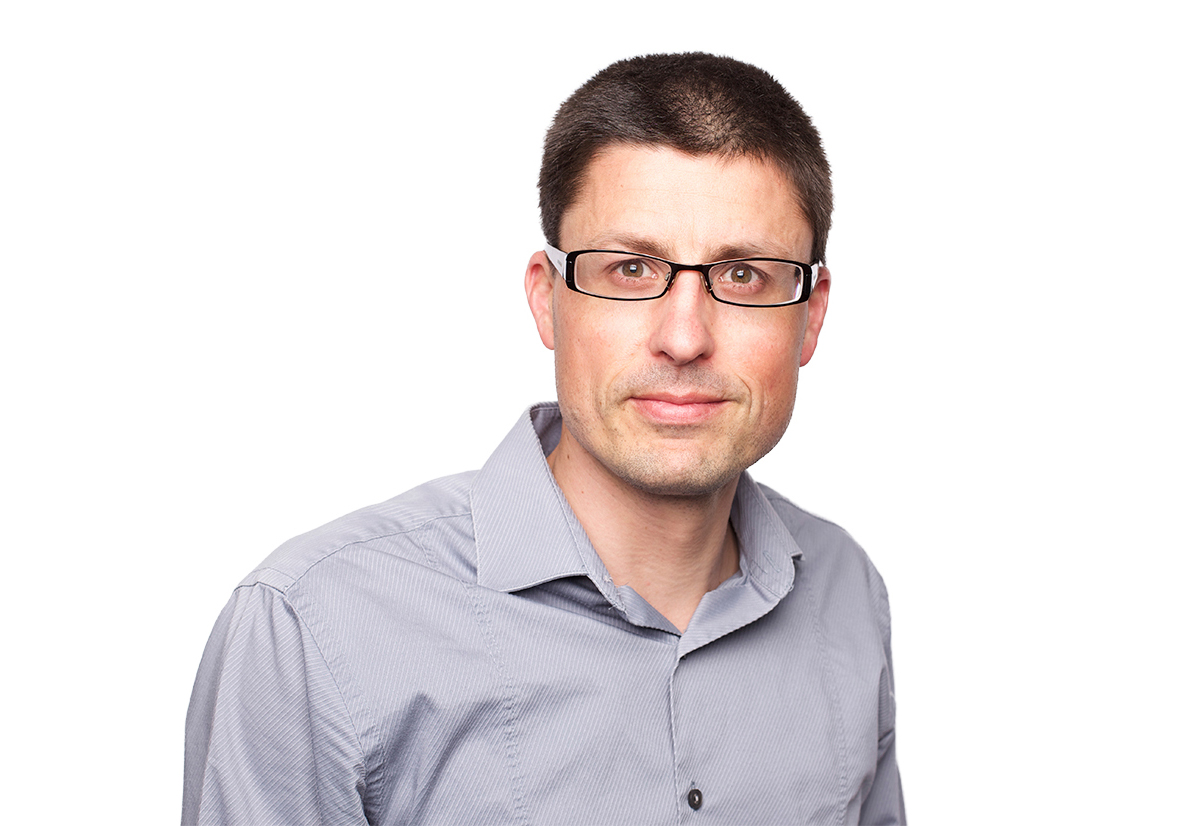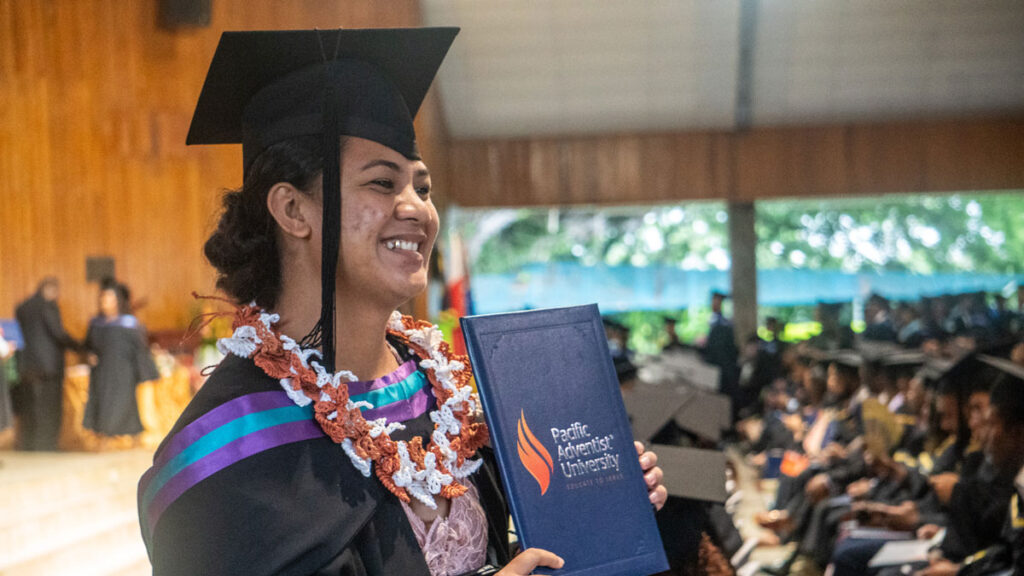In her previous pastoral roles, particularly on the Central Coast, Pastor Bethany Chapman met a lot of people who needed more mental health support than she felt equipped to offer. “Wait lists can be long, so I wanted basic skills to help people in crisis before they get to see a licensed therapist.” She chose to upskill at Avondale University because their courses are accredited by the Psychotherapy and Counselling Federation of Australia. Pastor Chapman completed most of the course during the COVID-19 lockdown while educating her daughters and continuing to work in ministry. “The lecturers and the library staff were incredibly helpful and compassionate. They wanted me to succeed.”
Fellow graduand Trent Keegan has benefitted from counselling support. He’s dyslexic and has, with help, managed depression. “I said to God, ‘I’ll go anywhere you want, just don’t send me to Avondale because I can’t get through that ministry and theology degree.” Mr Keegan has worked hard but credits the staff in the Wellbeing Centre for making a “huge impact.”
“If God calls you to it, He’ll get you through it.” Mr Keegan will minister as teen pastor at the Seventh-day Adventist Church on campus in 2023.
After about 10 years in Aboriginal and Torres Strait Islanders Ministries and a call to serve as principal of Mamarapha College, Adventist Church leaders encouraged Pastor David Garrard to upskill. So, he enrolled in the Master of Business Administration and has found each unit of study directly applicable to his role. Growing up in a low socioeconomic area and beginning higher education as a mature-age student in non-degree awards, “I never thought I’d be capable of completing a postgraduate degree.”
He thanks his lecturers for their support and now considers them friends. “I’ve had a lot of good conversations along the way.”
Pastor Chapman, Mr Keegan and Pastor Garrard joined 238 other students who graduated from 32 courses in three ceremonies this past Sunday (December 11).
About a third of the class members are nurses and a quarter teachers. A government-endorsed national survey of students ranks these courses as number one in Australia—across all categories in nursing and in learner engagement in teaching.
Students identified as high or consistent achievers received academic prizes during the ceremonies. Teaching graduates Jay Borrott and Caitlin Smith are Lake Macquarie campus recipients of the prestigious Avondale Prize For Excellence. Ms Smith is one of five students—Elyse Atkins, Jade Harkins, Mekuri Su’a and Ellie van Oostveen—who received multiple prizes.
Nursing graduate Janae Galindo is the Sydney campus recipient of the Avondale Prize For Excellence. For the first time, she and her First Nation classmates—including Indigenous Support and Education Officer Shirley Fatnowna—could choose to wear stoles featuring colours from the Aboriginal or Torres Strait Islander flags as part of their academic regalia. The acknowledgement is significant, says Ms Fatnowna, because at least three of the students are first in their family to graduate with a university degree. Mr Fatnowna, as a Master of Nursing student, is the first in her family to graduate with a university postgraduate degree.

Also graduating this year were four higher degree by research students. Avondale celebrated Deborah Hurn, Dr Geraldine Przybylko and Melanie Renfrew’s Doctor of Philosophy degrees—a fourth student, Roger Cohen, graduated in abstentia—with the traditional ringing of the College Hall bell. Ms Hurn identified and delineated the geographic regions of the Israelite migration from Egypt to Canaan using hydrology. Dr Przybylko studied the effectiveness of a digital multicomponent interdisciplinary intervention on mental health and wellbeing. While Ms Renfrew measured the influence of human support on an online lifestyle-based mental health promotion intervention. All thanked their families for patiently supporting them through what felt at times like “perpetual” study.
In his speech during sessions one and two of the graduation ceremony, co-president Jay Borrott reminded his classmates they were graduating with knowledge of study pre- and post-COVID-19, “a pivotal time in what hopefully remains history.” The past few years have been tough, he said, but “you’re tougher.” Despite the “chaos and doubt, you’ve chosen to continue pursing the calling God’s placed on your heart. . . . Walk boldly into the challenges ahead.” In her speech to nursing graduates, co-president Grace O’Toole described offering “professional support to those placed in our care” as a “privilege.” She asked her classmates to think about what brought them here: “a common desire to help others and serve world needs.”
The graduation class theme, “He Guides, He Provides”, summarises a verse from the book of Isaiah: “The Lord will guide you always; He will satisfy your needs in a sun-scorched land and will strengthen your frame” (58:11, NIV). In his message to class members, vice-chancellor and president Professor Kevin Petrie wrote that they leave Avondale “with the confidence of knowing a God who can be trusted to guide and to provide.” They will be a “transformative power in the world,” which will be “an example of the hope and peace to be found in Him.”






